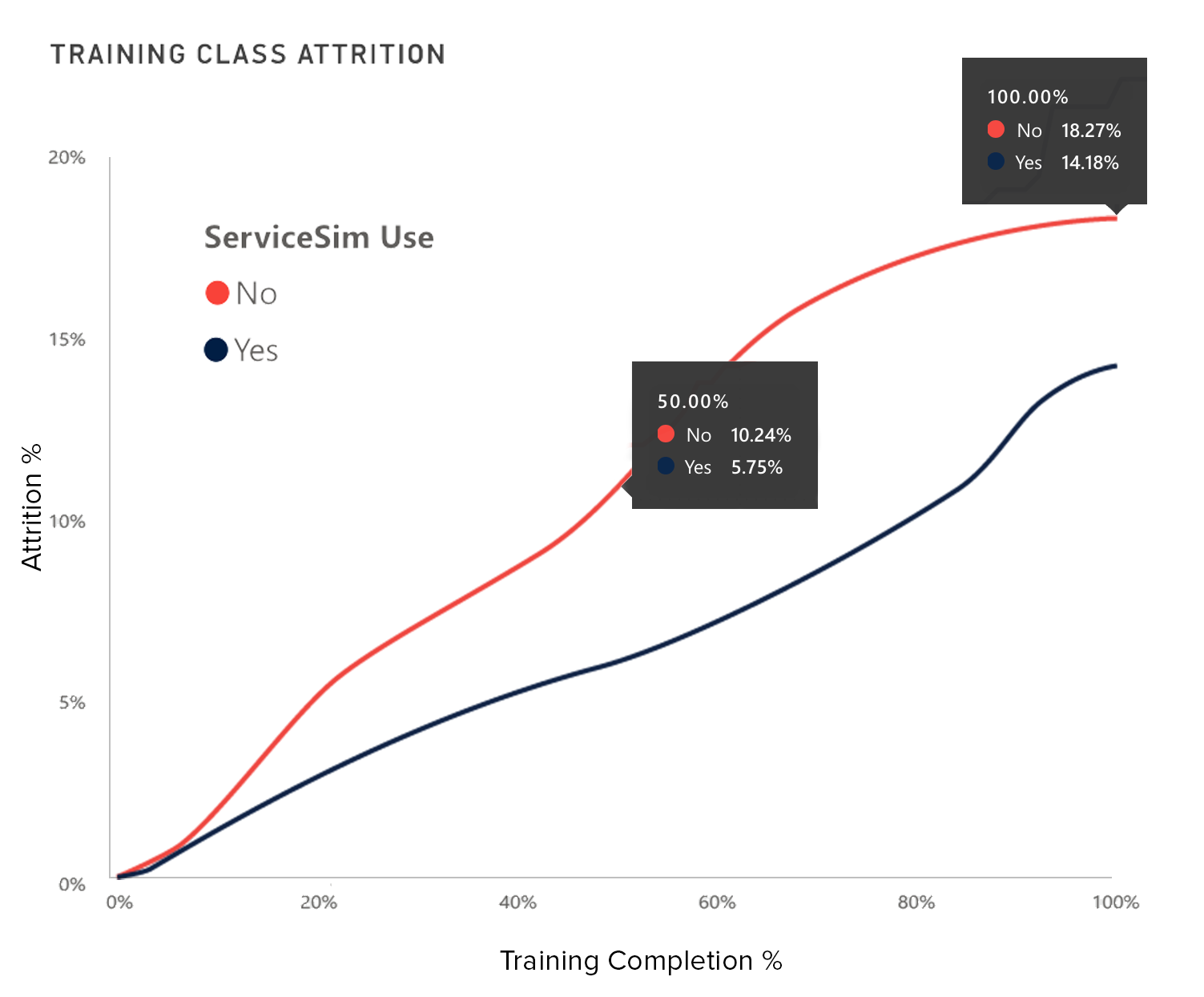The contact center and, by extension, the agents who work in them are viewed primarily as a business cost. When you crunch the numbers, it’s easy to see why.
Meeting the needs of an entire customer base requires lots of agents. Agents who must be compensated.
And the spending doesn’t stop at payroll and benefits. Hiring, training, managing, and equipping agents also cost money. All of which add up to a significant operational expense.
But what if we viewed agents as the protector of our customer base instead of a business cost?
Agents are a contact center’s most important asset.
As customer expectations for a better customer experience continue to rise, companies whose contact centers meet those expectations are rewarded with revenue and loyalty. Those that can’t deliver lose out to competitors who can.
So how do you make sure your customer experience hits the mark?
It starts with your agents. In many ways, agents serve as your brand ambassadors, often acting as the first, primary, or only point of human contact customers have with your company.
This puts agents on the front lines of protecting and growing your customer relationships and revenue. And it puts contact center leadership on the hook for making sure agents have what they need to succeed.
“Ultimately, the agent looks after the customers. And it’s our job as contact center leaders and managers to look after the agent who looks after the customer, not the other way around.”
— Martin Anderson, Cofounder and CEO of Lemon
Shifting from customer-centric to agent-focused.
Making the shift feels like a risk when the focus has traditionally been on financials and not how agents impact customer satisfaction and retention.
Agent and customer experience are directly linked. But leadership is typically removed from the reality of how difficult the agent’s job is.
Customers don’t call a contact center because they’re happy with your product or service. They call because they’re confused, disappointed, or angry. And facing that emotion head-on, all shift long, is an agent’s daunting responsibility.
When agents don’t have the right information or tools, their job is more challenging—and frustrating—than it needs to be. Which translates into a more challenging and frustrating customer experience.
Building support around your agents to make them feel valued, encouraged, empowered, and safe doesn’t happen overnight. But pivoting the contact center model to put agents at the center allows everything else to fall into place.
More confident agents
Agents who have the training, tools, and support they need to do their job can navigate even the most complicated customer interactions confidently, quickly, and accurately.
When properly instructed and guided through calls, agents can easily solve the problems in front of them and gather insights into how customers truly feel about your brand, products, or services.
Your agents don’t want to feel like a seat filler. They want a company that will acknowledge their contributions, provide flexibility, and support their growth both inside and outside of work.
Agents who get that experience perform at a higher level and are more likely to stay and contribute to your company’s long-term success, which includes providing exceptional customer care.
More satisfied customers
When agents are confident in what they’re doing, they have more capacity to handle interactions with empathy and provide the personalized attention customers are looking for.
Customer issues are resolved efficiently, accurately, and uniformly every time they contact the company—regardless of complexity or the channel they choose to use.
And as quality increases, your customers are more likely to stay a customer.
More performance metrics achieved
High-performing agents help eliminate the barriers that stand between you and significant and sustainable metric improvement.
When agents are successful, contact center managers can spend their time focusing on activities that lead to constant and sustainable contact center improvement—resulting in better metrics, more predictable costs, improved performance, and better outcomes.

